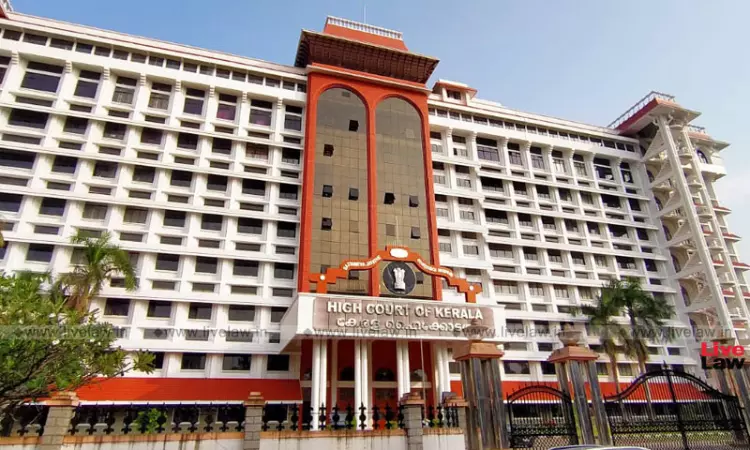Even If Driver Is Drunk, Insurer Liable To Third Party: Kerala High Court
Navya Benny
31 Jan 2023 9:54 PM IST

Next Story
31 Jan 2023 9:54 PM IST
The Kerala High Court on Monday held that Insurance Company would be liable to initially compensate a motor accident victim, even if the condition in policy against driving of vehicle in an intoxicated state is violated by the driver.The Single Judge Bench of Justice Sophy Thomas observed,"Undoubtedly, when the driver is in an inebriated state, certainly, his consciousness and senses will...
